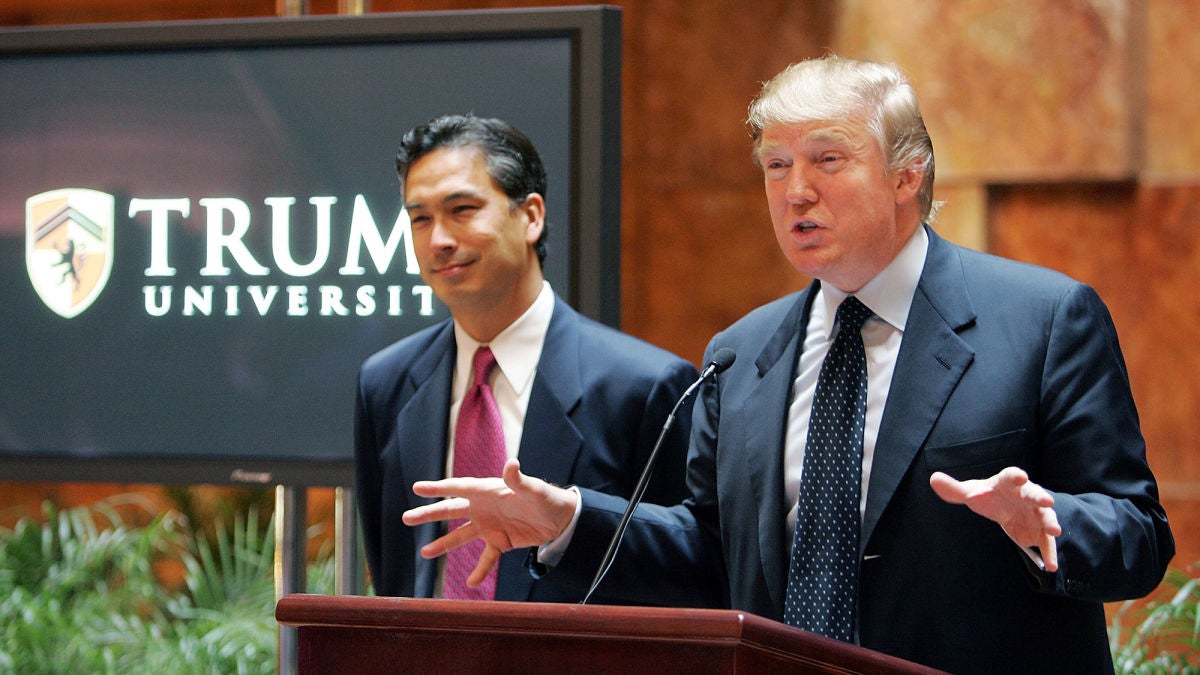WCP: For-Profit Colleges: Rough Times Ahead for Working-Class Students
Posted in Visiting Scholars | Tagged Consumer Finance Protection Bureau, Emily White, For-Profit Colleges, Higher education, John Russo, Marc Dann, Sherry Linkon, Student Loans, WCP, Working-Class Perspectives
For-profit colleges promise a quality education and job training, but often fail working-class students and leave them struggling to stay afloat. The past decade has seen a number of measures introduced to curb abuses in the industry and provide relief to student borrowers. In this week’s Working-Class Perspective, Emily White and Marc Dann explain how these protections risk unraveling under a president who profited from his own for-profit university.
“Many students victimized by for-profit schools in the 1980s still feel the effects today. Not only did shoddy trade schools offer inadequate programs in fields like radio broadcasting, truck driving school, or computer repair, they failed to live up to their promises for employment upon graduation. Students in such programs were less likely to complete their educational program and much more likely to default on their loans.
Those who default also face extraordinary extra-judicial collection remedies implemented by the Department of Education, including having their federal tax refunds intercepted and social security benefits and wages garnished. For working-class people already living on the edge of poverty, the loss of 25% of their net pay or the earned income tax credit can push them off the cliff of homelessness and poverty.
Compounding the financial spiral is a government-sanctioned deal that gives student loan servicers and debt collectors collection fees of 25% of amounts garnished. Many borrowers find it impossible to get out of default even after suffering from years of collections actions. Even that premium collection fee does not seem to be enough for greedy student loan servicers like Navient, who became the target last week of a lawsuit by the Consumer Finance Protection Bureau and two states alleging that the company purposefully pushed borrowers into repayment plans that benefited Navient’s profits over the best interests of the defaulted borrower.”
Read the post in its entirety and check out other Working-Class Perspectives posts on our website.

